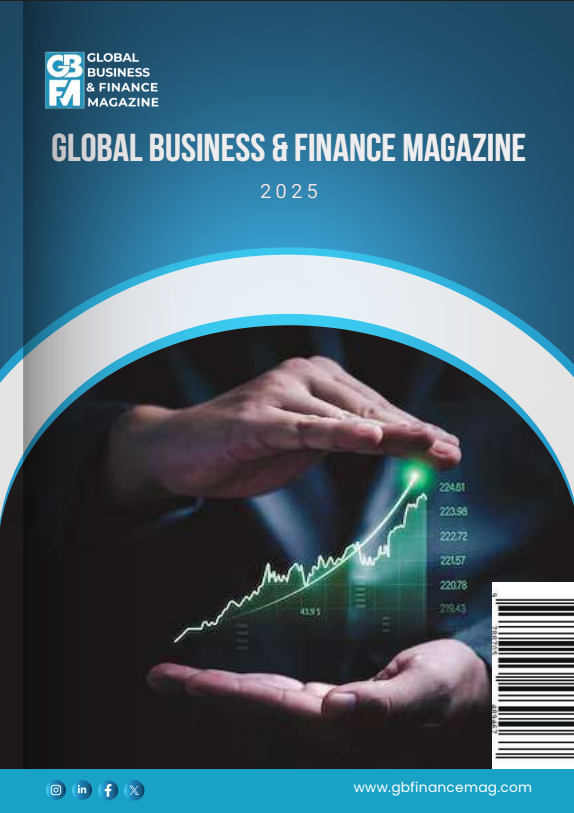The impact and effectiveness of the European Union’s new landmark digital competition law, the Digital Markets Act (DMA), will depend on the designation of ‘gatekeepers’ – or the hard-to-avoid platforms that dominate the digital economy and which will be covered by the DMA. Designation is critical since non-gatekeepers will not have to comply with the list of DMA obligations, including data restrictions and a ban on promoting gatekeepers’ own services over rivals. These obligations have the potential to change how consumers and businesses interact daily with the largest tech companies, such as Google.
Since the DMA came into force in November 2022, the European Commission, as the law’s sole enforcer, has been talking informally with potential gatekeepers in the context of ‘pre-notification’ before the formal designation stage starts in May 2023. The DMA sets out the rules for designation, but some important methodological considerations are missing. The Commission should take these into account in its assessments of potential gatekeepers.
Designation challenges
Under the DMA, gatekeepers will be designated per relevant core platform service (CPS). These include online intermediation services, online search engines, online social networking services, video-sharing platform services, messaging services (the legal term is ‘number-independent interpersonal communications services’), operating systems, web browsers, virtual assistants, cloud computing services, and online advertising services by a firm that provides any of the above CPS.
To be designated a gatekeeper, a firm must meet three cumulative qualitative criteria. The DMA presumes that a firm meets the qualitative criteria if it meets three cumulative quantitative criteria. Table 1 lists them.
Table 1: Criteria for designating a firm as a gatekeeper under the DMA
| Qualitative criteria (Article (3(1)) | Quantitative criteria (Article 3(2)) |
| A firm has a significant impact on the European market | The firm’s annual EU turnover is at least €7.5 billion in each of the last three financial years, or its average market capitalisation/fair market value is at least €75 billion in the last financial year, and it provides the same CPS in at least three EU countries |
| A firm provides a CPS that is an important gateway for business users to reach end users | The CPS has at least 45 million monthly active end users and at least 10,000 yearly active business users in the EU in the last financial year |
| A firm has an entrenched and durable position, or it is foreseeable that it will have it in the near future | The CPS has at least 45 million monthly active end users and at least 10,000 yearly active business users in the EU in the three financial years |
Source: Articles 3(1) and 3(2) DMA.
If a firm fulfils the quantitative criteria, it must notify the Commission within two months of the thresholds being reached. However, a firm that self-assesses as meeting the quantitative criteria can rebut the presumption that it is a gatekeeper. The Commission can also open market investigations with the aim of designating a firm as a gatekeeper when the firm rebuts the quantitative criteria under Article 3(5), or if the Commission thinks the firm might meet the qualitative criteria under Article 3(8). Disputing the Commission’s presumption and the market investigation possibility both raise challenging issues.
Disputing the gatekeeper presumption
A firm that meets the quantitative criteria can dispute them in exceptional circumstances. It can argue that it does not fulfil the qualitative criteria by questioning the quantitative criteria on the basis of the circumstances in which the relevant CPS operates.
The DMA states that a firm cannot use economic arguments related to market definition or economic efficiencies to refute designation as a gatekeeper for a given CPS. It can only dispute the presumption based on elements that relate to the quantitative criteria, as follows:
- Market capitalisation: This criteria (Table 1) should be based on the firm’s average market capitalisation. The DMA also specifies that some factors, such as capitalisation that increases or drops in a volatile way, can bring into question whether a firm has a significant impact on the European market. But it is unclear how the Commission will assess these factors, especially in times of volatility following economic shocks, such as high inflation.
- CPS: Some firms might provide multiple CPSs, such as online search engines (eg Google) or video-sharing services (eg Google-owned YouTube). They might also provide different CPSs within the same category. For instance, Meta provides Facebook and Instagram in online networking services. A firm cannot claim that a CPS is different from another because of its geographic coverage. For example, Amazon cannot argue that Amazon France, Amazon Germany and Amazon Belgium are distinct CPSs because they use different domain names. However, a firm can distinguish one CPS from another in the same category on the basis that the CPSs are used for different purposes by end users and/or business users, or if offered in an integrated way, the CPSs do not belong to the same category of CPS. Meta could argue that Facebook and Instagram are two different CPSs because end-users do not use Facebook or Instagram for the same purpose. However, the meaning of ‘different purposes’ is still unclear because the DMA does not provide criteria for this situation.
- Active end-users and business users: The number of users refers to the concept of the unique user: a user who uses a CPS at least once per month for end users and once per year for business users. The number of monthly active end-users is calculated as the average number of monthly active end-users throughout the largest part of the financial year. The DMA allows gatekeepers to discount abnormal figures. An important remaining question is whether gatekeepers can argue that users who are inactive most of the time throughout the year (eg users that engage with Amazon marketplace during only one month over the year) can be discounted, as they will bias the computation of the average, leading to overcounting of the real number of monthly active end users.
If the Commission rejects the firm’s arguments, it will designate the firm as a gatekeeper. If it accepts the arguments, it may open a market investigation with a view to designating a firm as a gatekeeper under Article 3(5).
Market investigation challenges
The Commission can also designate a firm as a gatekeeper when it meets each of the three qualitative criteria but does not satisfy all of the three quantitative criteria under Article 3(8). It can do so after carrying out a market investigation that takes into account a list of quantitative and qualitative criteria. These include turnover and market capitalisation, the number of business users and end users, network effects and data-driven advantages, economies of scale and scope, the degree of user switching and multi-homing, a conglomerate corporate structure, and other structural business or service characteristics. The firm can challenge the market investigation’s preliminary findings.
The market investigation poses several legal and economic issues. It is unclear how the Commission will assess the different elements. The DMA is silent on the methodology and metrics used, and the potential thresholds that would lead a firm to be designated a gatekeeper. This will require an economic assessment using microeconomics and behavioural economics. Moreover, it is unclear whether the firm will be able to challenge the preliminary findings with legal and economic studies with pro-competitive elements (not related to market definition or economic efficiencies) that question the assessment.
Source : Bruegel





